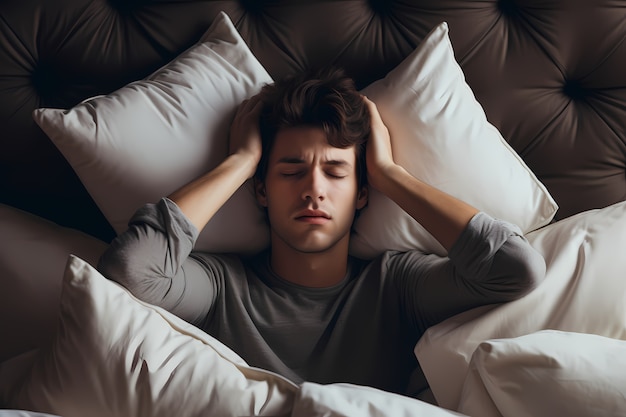
Lack of sleep can seriously harm people. Last year alone, over 5,000 deaths in car crashes were due to sleep deprivation. Even at a slower pace, not getting enough sleep gradually impacts people’s lives in a harmful way.
It’s alarming that many of us are now used to working longer hours, which eats into our sleep time. High work demands make these long hours a norm. Another unhealthy habit is when people spend too much time working out in the gym and cut into their sleep. Even though exercise has benefits, science shows that getting enough sleep is equally important.
When we sleep, our bodies start to heal and regenerate. For instance, in a 2013 study, scientists found that mice clean out brain waste during sleep. This waste is toxic and can lead to Alzheimer’s disease if not removed properly. Sleep also helps our brains process the day’s activities, making memories and retaining information. This relaxation is why we often feel happier after a good night’s sleep.
Certain organs produce hormones during sleep that promote growth and protect against infections. The hypothalamus, specifically, triggers hormone production in the endocrine system to aid in these processes. On the flip side, lack of sleep increases the risk of Alzheimer’s and other cognitive disorders.
Moreover, if we don’t allow our brains to rest, stress builds up because we miss out on creating pleasant memories and experiences. Our immune system also works during sleep by releasing cytokines that hunt down bacteria and viruses. Sleep deprivation hinders this process, making us more prone to getting sick.
Nap more or sleep longer at night to keep yourself healthy.
The hypothalamus releases growth and development hormones during sleep. Waking up frequently at night can disrupt this process, especially in children, who need these hormones to build muscle and repair tissues.
Regular sleep deprivation affects the cardiovascular system too. Conditions like atherosclerosis, high blood pressure, and diabetes become more likely when we don’t sleep enough.
Sleep is crucial for everyone. It’s when the body relaxes and repairs damaged tissues. However, the increasing demands of work are making unhealthy sleep habits more common.
This trend is worrying because people are accepting poor sleep as normal to fit more into their day. But sacrificing sleep for busyness is not healthy. This can lead to diabetes, weakened immunity, and hormonal problems.
We need to prioritize a healthy lifestyle that includes good food, regular exercise, and sufficient sleep. Stay tuned for a follow-up article on how to improve your sleep.